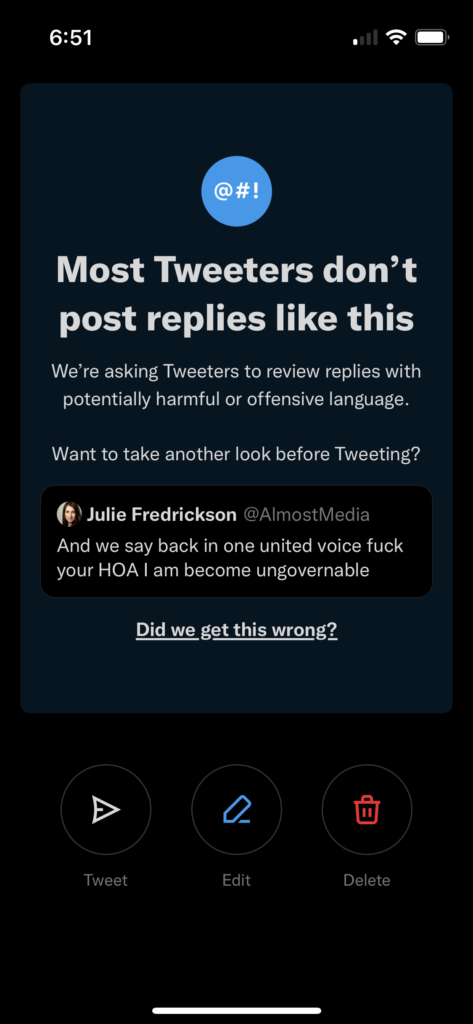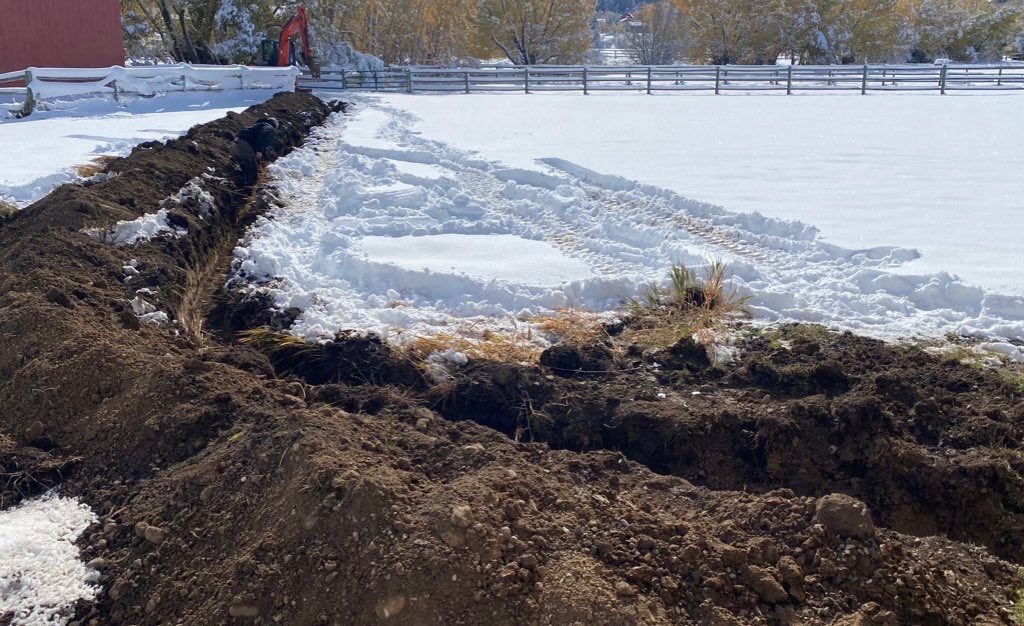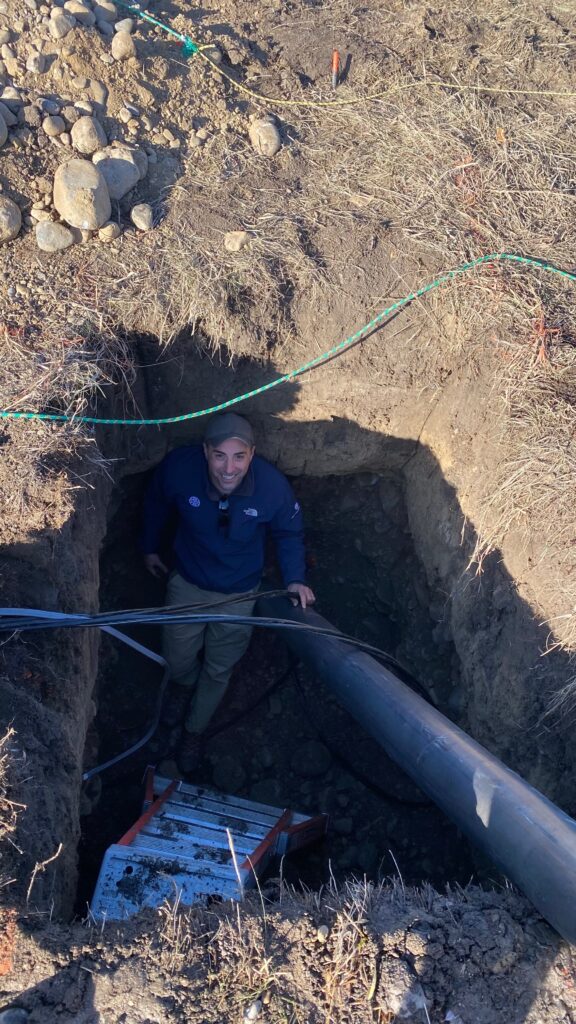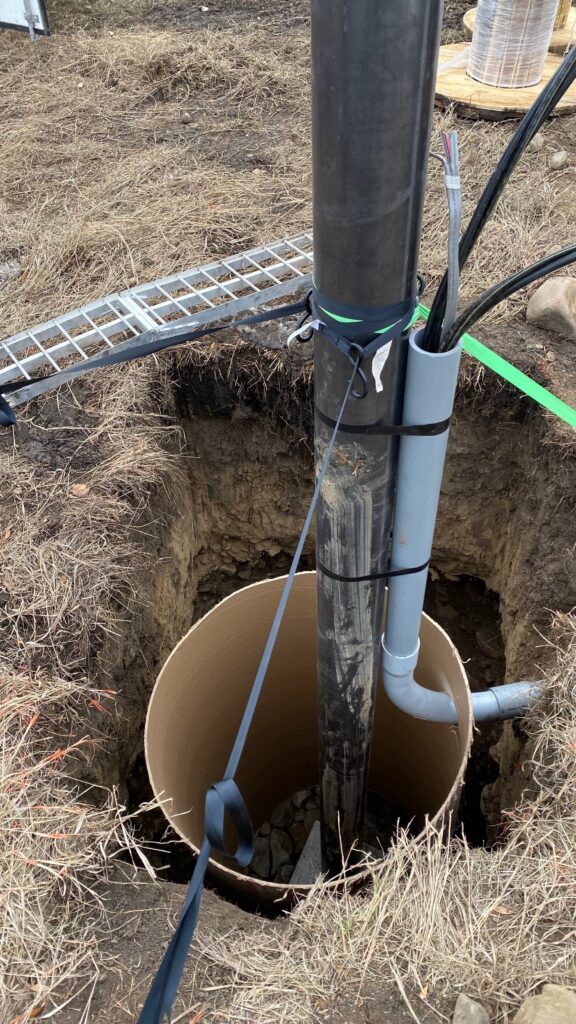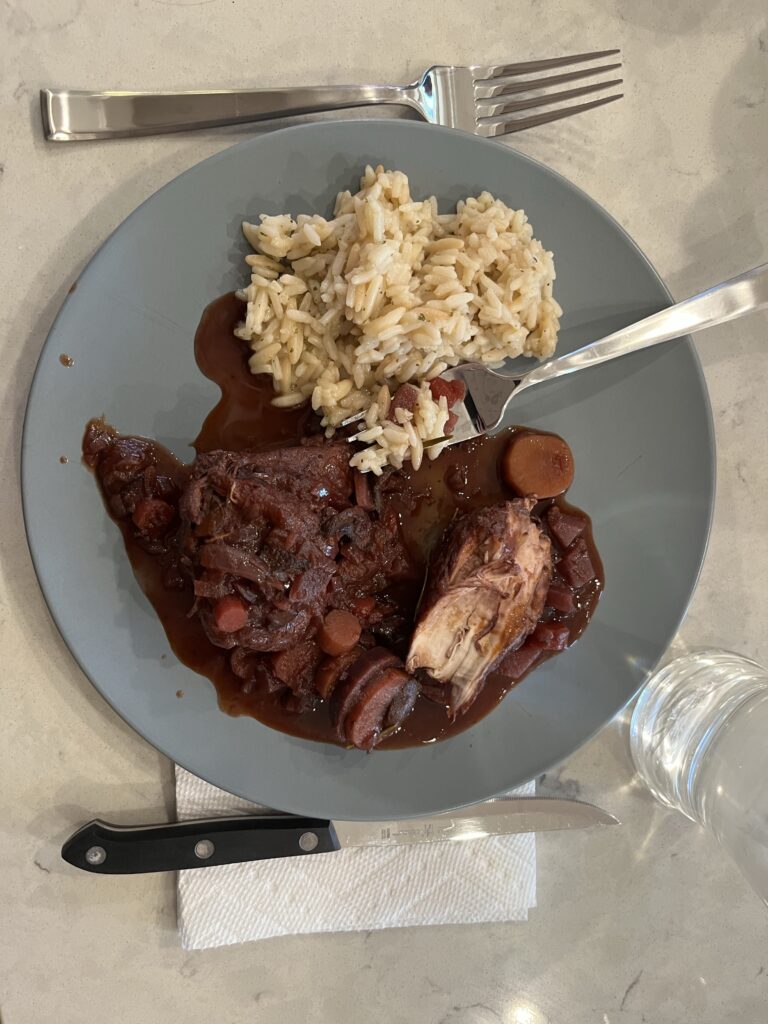What feels like a lifetime ago, my husband and I pursued fertility treatments. I didn’t have any known issues but we wanted to freeze eggs and embryos while I was still young. At the time we didn’t feel stable or wealthy enough to predict when having children would be feasible. It seemed like the responsible choice to have a backup plan. Everyone we knew was doing it too.
I remember a gynecologist telling me off for considering freezing eggs as she managed medical school with a toddler so surely an easier career like startup CEO would have no trouble with resources for becoming a mother. I never saw her again after that incident. But knowing me the shame I felt from her judgement simply cemented my decision to free my eggs.
But I was equally poorly served by the fancy fertility clinic that glossed over risks and side effects. In hindsight I wish I’d been more concerned about ramifications. I also which I’d listened to my gut which was screaming that this felt more like a luxury shopping experience than a major life decision. The ease with which I was being sold a life where I could buy an insurance policy about a decision that I was ambivalent is almost shocking.
Now I’m faced with another choice. The genetic material needs to be moved to a safe state. In the wake of Roe v Wade being overturned, there is concern that fertilized eggs (embryos) might not be fully under our control as red states pursue stricter and stricter control policies. No one is quite sure how embryos will be treated. And frankly no one wants to find out.
Embryos that were stored in states like Texas and Florida are on the move. Clinics and storage facilities cannot guarantee their safety and usage as too much is still uncertain. Of the storage options we have, only two are in safe states unlikely to be impacted. Minnesota and Connecticut.
We picked Connecticut. Even if Republicans take it over we are banking they will be of the WASPy moderate types who see value in family planning for nice white married couples. Our privilege is at maximum there and that’s worth a premium.
I am so conflicted on even addressing the issue of what we are supposed to do with our generic material. Is this the moment we give up and admit it’s not a life path that we want? The chances of Alex and I have children together are getting slimmer. It’s not impossible but it’s also not looking likely.
My health is stable but I use several pharmaceuticals that shouldn’t be used during a pregnancy. I’d need to be on bed rest and dosed off everything to proceed with a pregnancy. I’ve been warned I could lose my progress on controlling my autoimmune disorder, the worst case scenario is I’d have to repeat the last four years of stabilizing treatment. I would be in a lot pain that couldn’t be treated for the duration.
Needless to say I’d not be able to work during the pregnancy and possibly for an extended time after. It feels perilously close to a choice between living my life and organizing my entire life and healthcare for a child I don’t even know if I want. It might be a permanent off ramp from work as the recovery would be significant. Everyone says you will regret not having children but I’ve only ever met people who regret having children.
At which point I have to admit to myself I don’t want children so badly that I am willing to be physically debilitated for another five years. I am so excited to be living a semi-normal life where I can pursue my personal and professional goals. The last few were hard. Perhaps we could pursue surrogacy but that suggests a level of wanting children that I just don’t think either Alex or I have. Because neither one of us strongly desires children this additional effort and cost simply to preserve our own genetic material isn’t under consideration. If later on in life we find our preferences changed we are both comfortable adopting or raising children not related to us genetically.
Perhaps the problem was that we never strongly wanted children in the first place. Maybe that shitty gynecologist was right. If we’d wanted kids we would have found a way. Instead we bought an insurance policy. And now that insurance policy is a scary liability with an uncertain political future.
With the way America is headed if we don’t move the embryos to a safe state now it’s entirely possible the government will decide we actually already have children. Unborn children. Who might have more right to life than I do. To be honest that’s an ethical question I don’t have an answer to. All I know is that I am absolutely not willing to let the government decide if it is my life or the embryos. That’s between Alex, myself and God.
